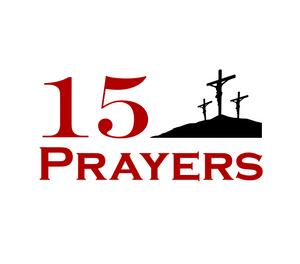
Book IX
Of those who allege a distinction among demons, some being good and others evil.
Chapter 1
The point at which the discussion has arrived, and what remains to be handled.
Chapter 2
Whether among the demons, inferior to the gods, there are any good spirits under whose
guardianship the human soul might reach true blessedness.Chapter 3
What Apuleius attributes to the demons, to whom, though he does not deny them reason, he
does not ascribe virtue.Chapter 4
The opinion of the Peripatetics and Stoics about mental emotions.
Chapter 5
That the passions which assail the souls of Christians do not seduce them to vice, but exercise their virtue.
Chapter 6
Of the passions which, according to Apuleius, agitate the demons who are supposed by him
to mediate between gods and men.Chapter 7
That the Platonists maintain that the poets wrong the gods by representing them as distracted by party feeling, to which the demons, and not the gods, are subject.
Chapter 8
How Apuleius defines the gods who dwell in heaven, the demons who occupy the air, and men who inhabit earth.
Chapter 9
Whether the intercession of the demons can secure for men the friendship of the celestial gods.
Chapter 10
That, according to Plotinus, men, whose body is mortal, are less wretched than demons,
whose body is eternal.Chapter 11
Of the opinion of the Platonists, that the souls of men become demons when disembodied.
Chapter 12
Of the three opposite qualities by which the Platonists distinguish between the nature of men and that of demons.
Chapter 13
How the demons can mediate between gods and men if they have nothing in common with
both, being neither blessed like the gods, nor miserable like men.Chapter 14
Whether men, though mortal, can enjoy true blessedness.
Chapter 15
Of the man Christ Jesus, the Mediator between God and men.
Chapter 16
Whether it is reasonable in the Platonists to determine that the celestial gods decline contact
with earthly things and intercourse with men, who therefore require the intercession of the
demons.Chapter 17
That to obtain the blessed life, which consists in partaking of the supreme good, man needs
such mediation as is furnished not by a demon, but by Christ alone.Chapter 18
That the deceitful demons, while promising to conduct men to God by their intercession,
mean to turn them from the path of truth.Chapter 19
That even among their own worshippers the name “demon” has never a good signification.
Chapter 20
Of the kind of knowledge which puffs up the demons.
Chapter 21
To what extent the Lord was pleased to make Himself known to the demons.
Chapter 22
The difference between the knowledge of the holy angels and that of the demons.
Chapter 23
That the name of gods is falsely given to the gods of the Gentiles, though Scripture applies it
both to the holy angels and just men.

